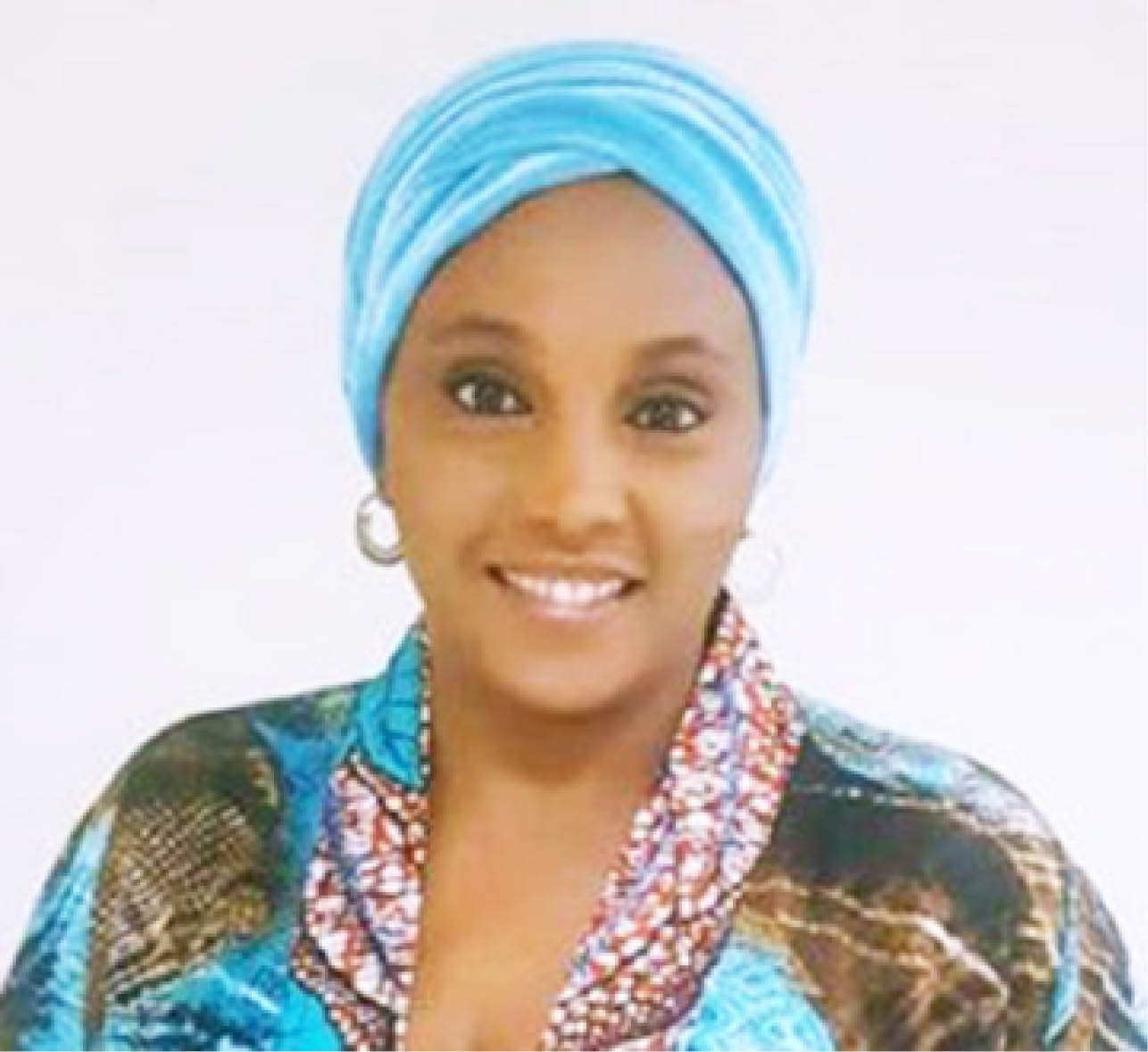The BBC in Nigeria – Between reporting and propagating terror
By Kadaria Ahmed It has simply gotten out of hand. Journalists and now a global media organisation of repute, the BBC, which should know better, are becoming a tool for terrorists, even if unwittingly, by amplifying the faces, voices and stories of killers and marauders who are still operating with impunity across Nigeria. The […]

Ace broadcast journalist, Kadaria Ahmed
By Kadaria Ahmed
It has simply gotten out of hand.
Journalists and now a global media organisation of repute, the BBC, which should know better, are becoming a tool for terrorists, even if unwittingly, by amplifying the faces, voices and stories of killers and marauders who are still operating with impunity across Nigeria.
The public interest argument seems to have been misunderstood, some may even say misrepresented, to enable sensationalist reporting that is very unlikely to be allowed on screens in the United Kingdom. By not upholding the same standards as they would in the UK, in their work in Nigeria, the BBC Africa Eye producers in their latest documentary titled ‘The Bandits Warlords of Zamfara’ have provided a global platform to terrorists and can be accused of becoming an accomplice to terror in the name of reporting it.
When Communications Professor at the University of Toronto, Mahmoud Eid, coined the term ‘Terroredia’, in his book ‘Exchanging Terrorism Oxygen for Media Airwaves’, he argues that there is now a ‘relationship between terrorists and media professionals in which acts of terrorism and media coverage are exchanged, influenced, and fuelled by one another.’
Since it was written seven years ago, it would appear the case Eid was trying to make is now quite self-evident, especially in Nigeria where increasingly, propaganda videos and statements by terror groups as well as features on terror leaders are finding their way into mainstream media. We can now easily identify, for example, the faces of the major kingpins responsible for the widespread kidnappings and killings that are occurring on a daily basis in the northern part of Nigeria, no thanks to having their pictures and videos splashed all over the pages of newspapers and on our television screens almost as if they are Nollywood A-listers.
None of these has ‘helped’ Nigeria’s inept government, led by President Muhammadu Buhari, to find and arrest these blood-thirsty criminals. The ‘pressure’ has also not stopped the administration from playing ostrich and finding an effective way of tackling insecurity. These are some of the public interest arguments put forward by those defending the featuring of predatory criminals on national and now international media platforms.
The arguments also include an assertion that hearing from terrorists helps us better understand the conflicts and therefore come up with solutions. Under the guise of public interest, this is the argument that BBC Africa Eye seems to be presenting, to justify its decision to actively give copious screen time to self-confessed murderers and kidnappers, who are still actively involved in attacking communities, killing, kidnapping, pillaging and generally making life brutish and a living hell for the people of Nigeria’s northwestern state of Zamfara and beyond.
The two promotional clips released for the documentary, The Bandits Warlords of Zamfara, feature a marauder who should remain nameless here, confirming that he was part of those who raided Jangebe Girls’ Secondary School in the state, abducting over 300 students with the attendant horror these sorts of crimes normally entail, and releasing them, after the payment of ransom.
Evidently, the BBC Africa Eye team also had no problem utilising footage that appears to have been shot by these self-confessed criminals because this makes it into the second trailer. No media of repute would take this decision because it is generally understood that these sorts of videos are recorded by terrorists for one thing only: propaganda.
Reports on the documentary in national newspapers also quote one of the featured criminals boasting that he only kills, and doesn’t kidnap for ransom. This is the nature of the programme that the ‘reputable’ BBC Africa Eye is positioning as having a public interest imperative.
To be clear, the current state of insecurity and all that it entails is the fault of the federal government, led by President Muhammadu Buhari, and he must be held responsible for the carnage and state of anarchy engulfing the nation. That does not however mean irresponsible reporting by the media, which as champion of interest of the common man, should not be challenged.
If terrorists were killing and kidnapping British citizens, especially young children, the BBC would not enable interviews by the perpetrators, particularly if they were still roaming footloose and fancy-free, without an iota of remorse for their crimes and also carrying out many more. The trauma to the psyche of the British public will be unbearable, and the BBC would not be willing to pay that price, or risk the legal consequences sure to ensue.
In the era of the Irish Republican Army, the IRA, for example, the group didn’t make it onto the airwaves of the BBC. Indeed, reporting of the activities of the political party seen as the political arm of the IRA, Sein Fein, was heavily censored. Every time they spoke, the BBC deleted their voices and replaced such with those of actors, in obedience to British Government directives which were put in place because the authorities believed publicity is like air for ‘terrorists’ groups, helping them to grow and thrive.
